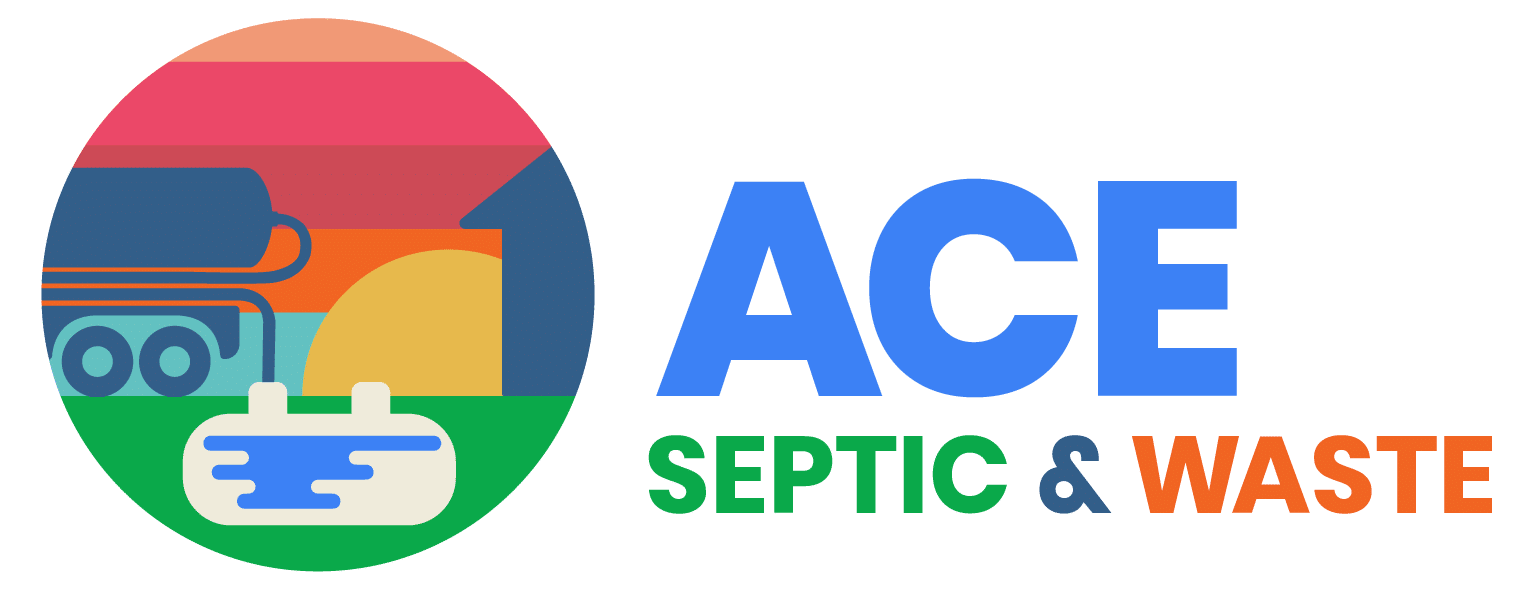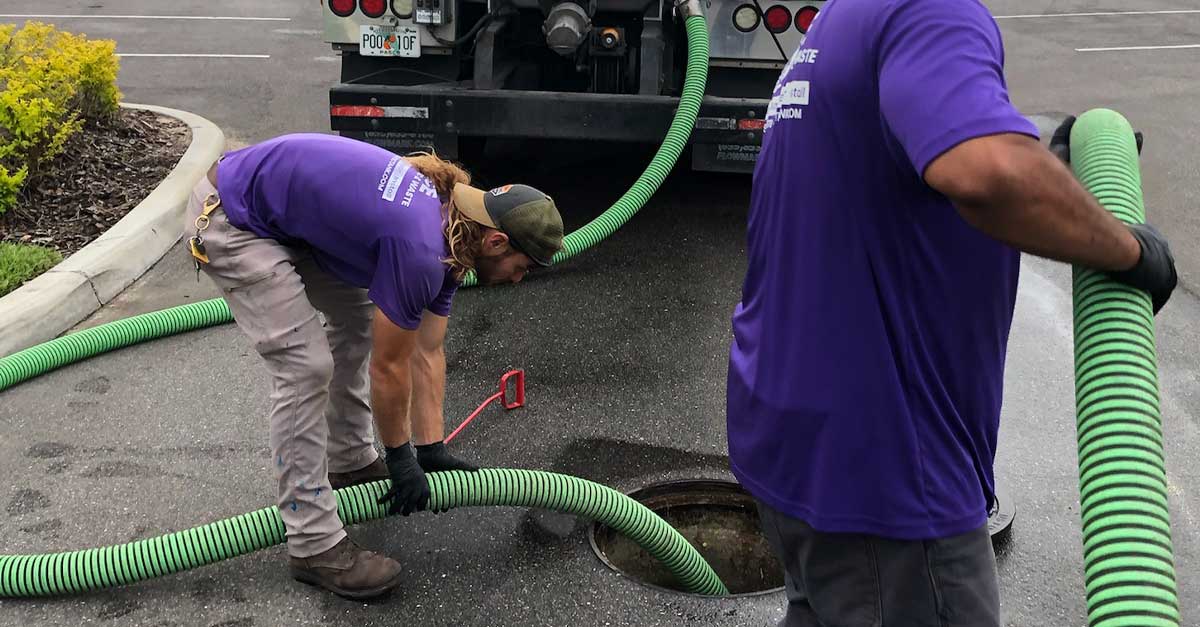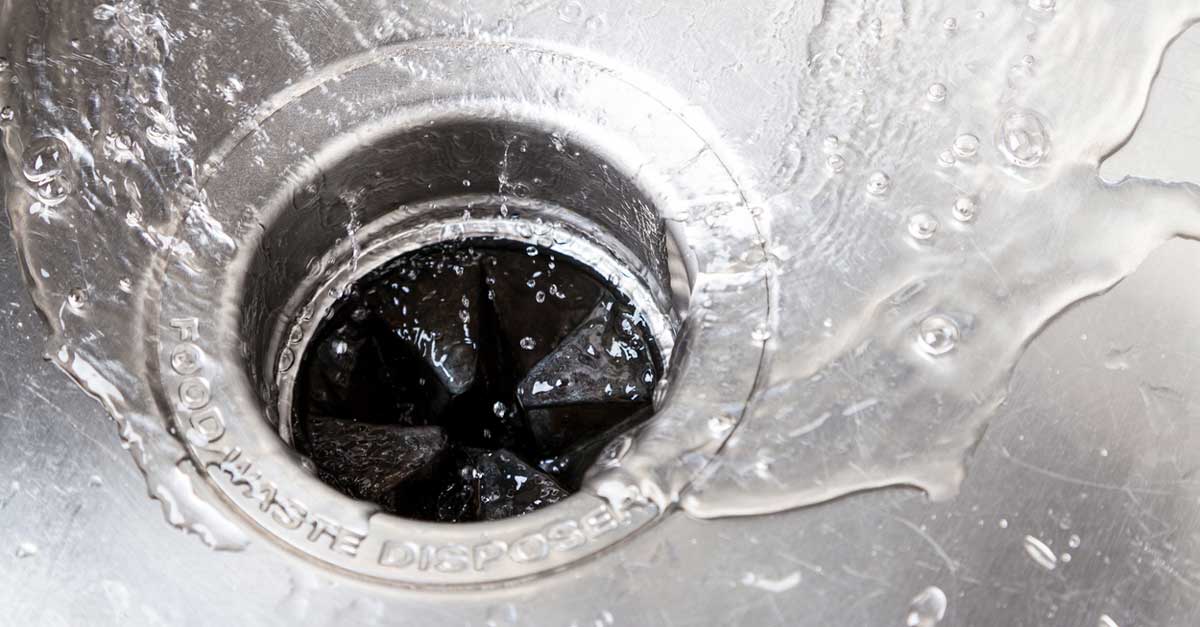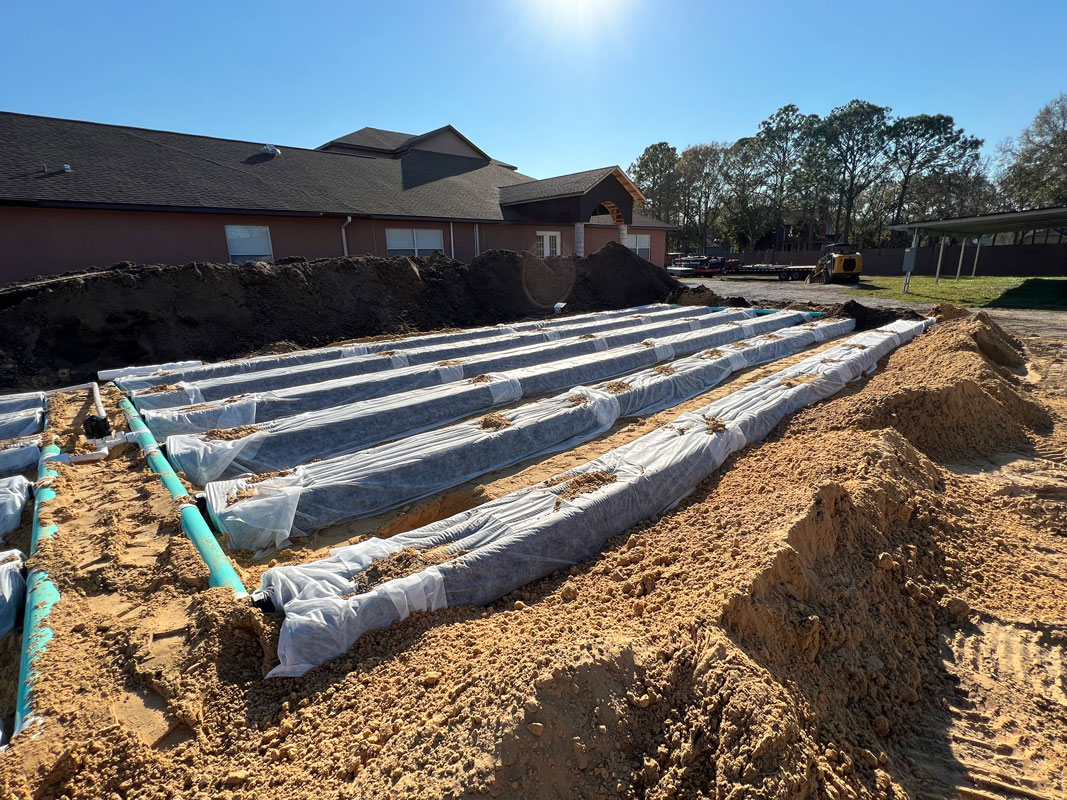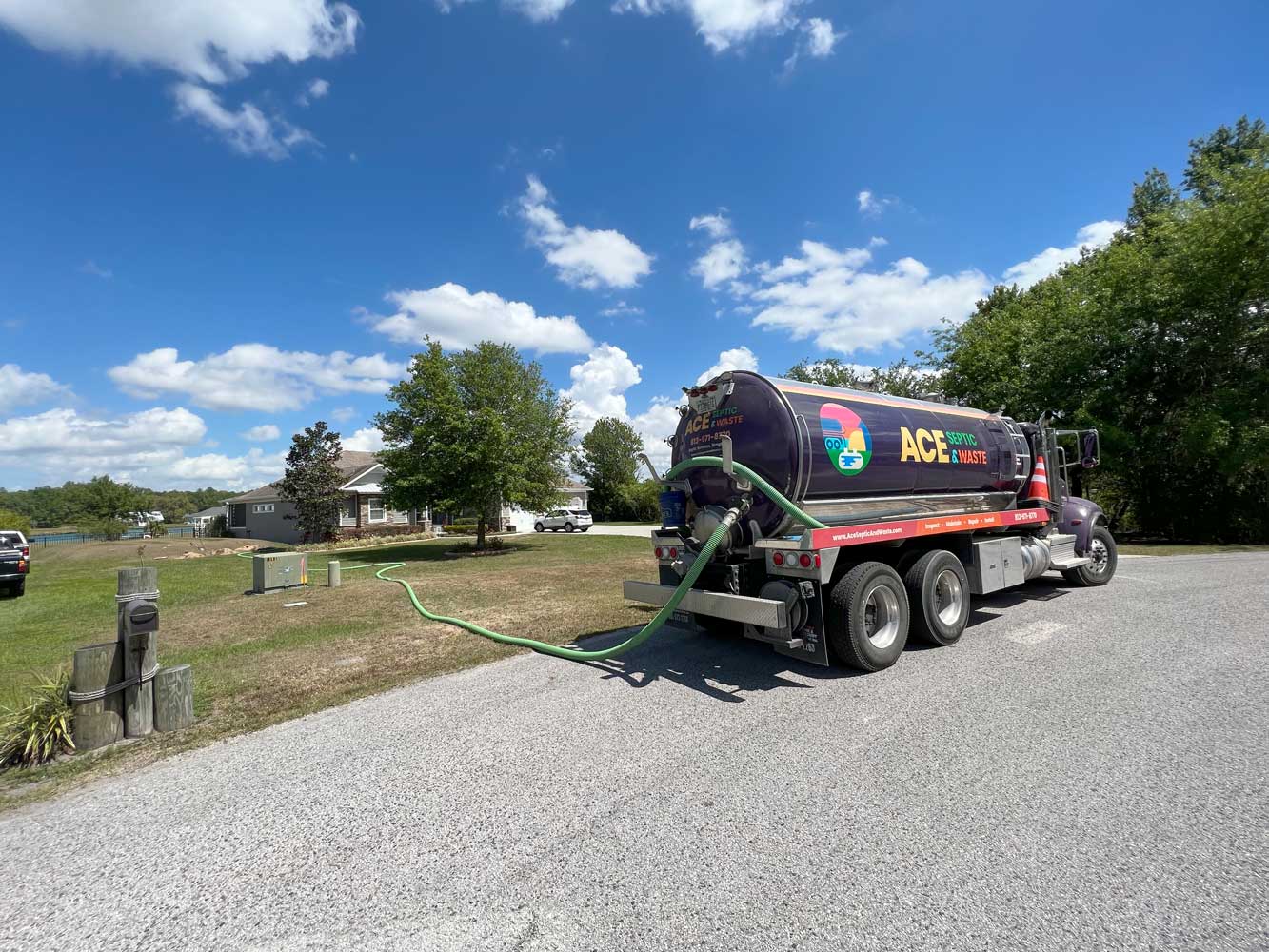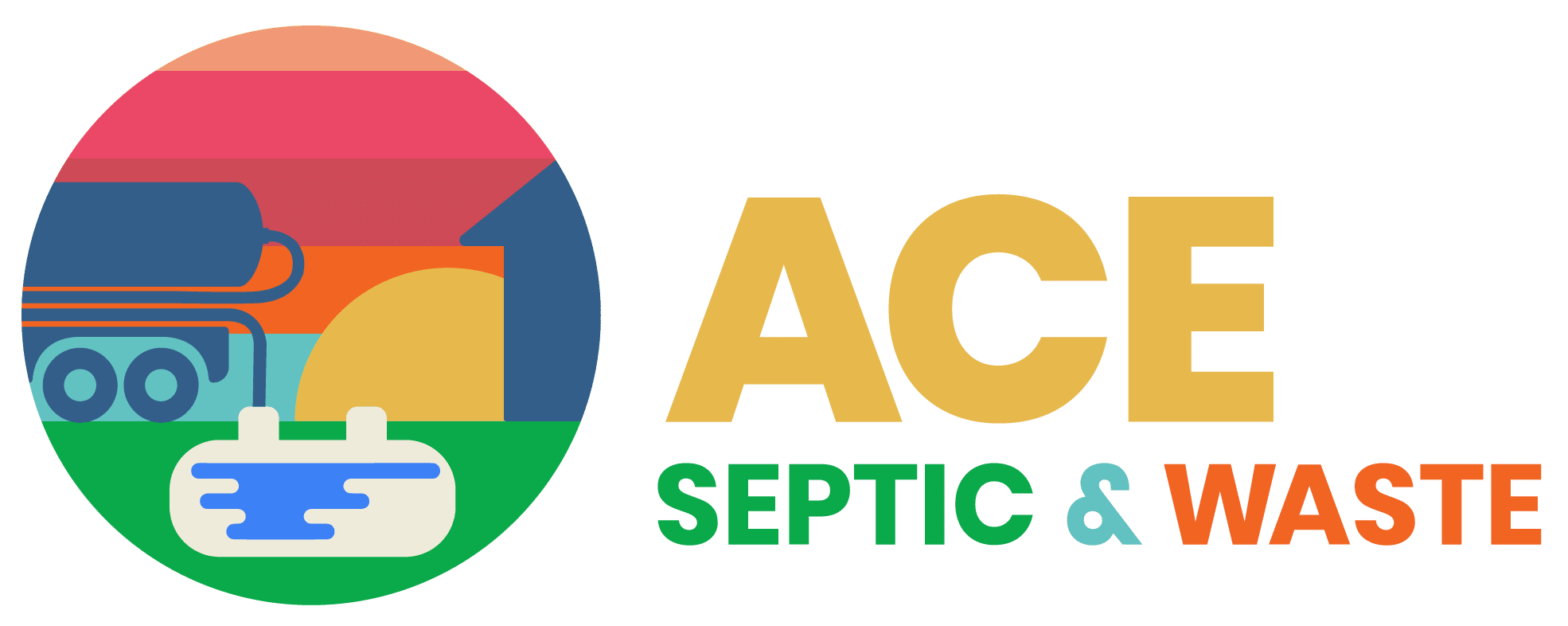Septic Tank Maintenance Services in Tampa Bay and Central Florida
One in three homeowners in the Tampa Bay area have a septic system. These systems are often overlooked but are essential to your home’s sanitation. Regular septic tank maintenance is important in keeping your system running efficiently and preventing costly repairs.
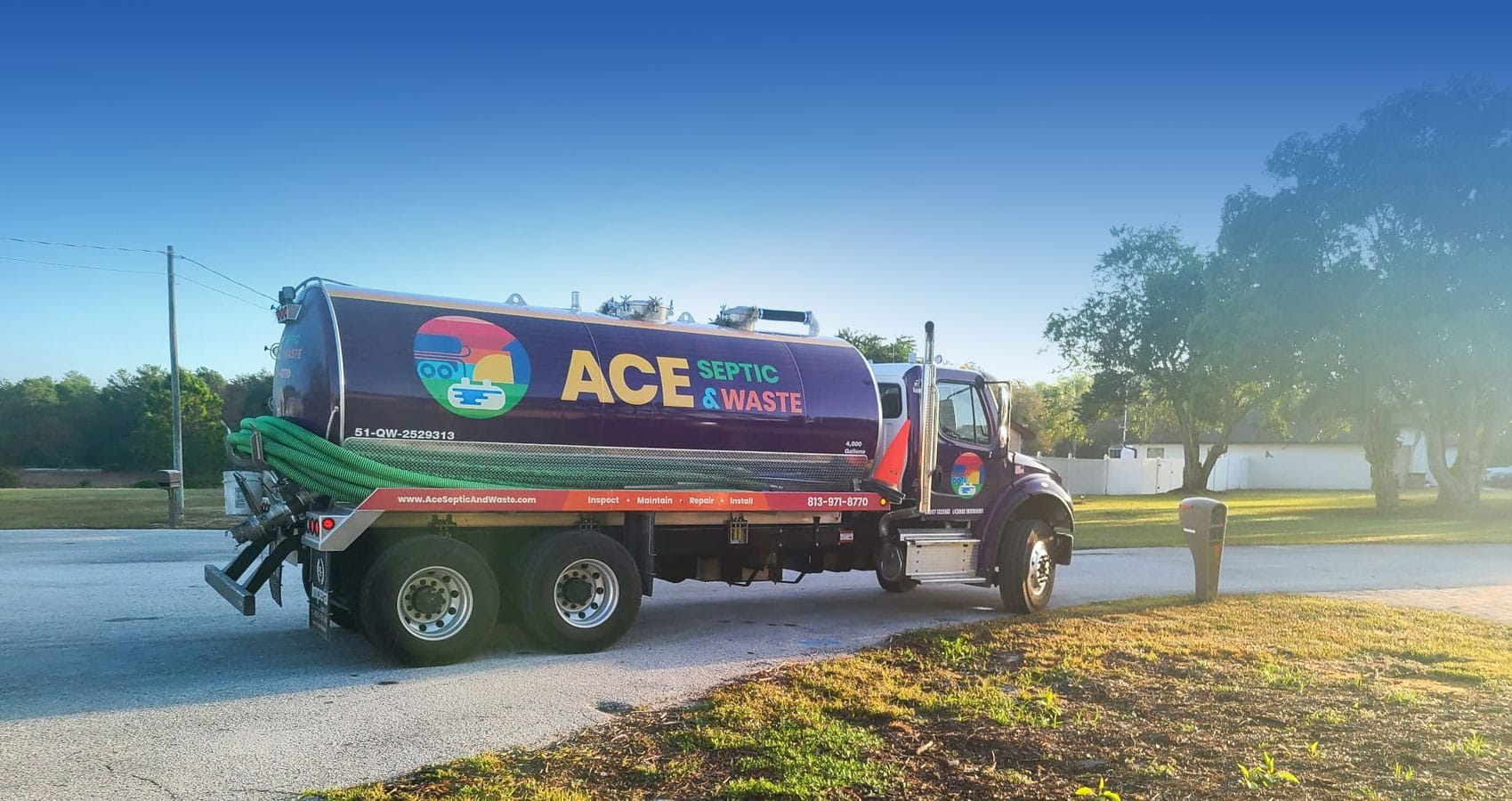
Looking for Routine Septic Tank Maintenance?
At ACE Septic & Waste, we’re here to help Florida homeowners with their septic system’s maintenance needs. Our professional services ensure your septic system operates efficiently. We offer a three-year maintenance plan to give you security and peace of mind about your conventional septic system. We also offer 2-year, state-required maintenance plans for your ATU or advanced system. Click below to schedule an inspection or maintenance service.
